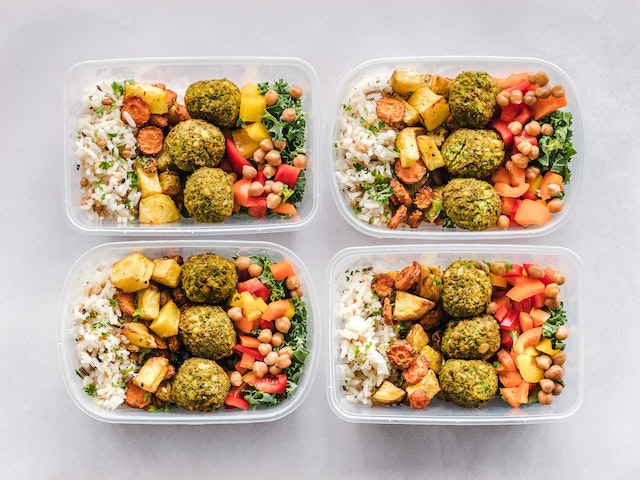While it’s admirable to want to improve your health and physique, you’ll need to put in place long-term strategies to achieve your goals, including regular exercise, a healthy diet, and a healthy routine.
What’s effective for one person may not be the best for another, so don’t expect miraculous results by copying your friend’s exercise routine or trying the latest fad diet. A person’s dietary and physical needs can vary greatly. Here’s the lowdown on how to start looking more lean.
Maintaining A Healthy Body Requires Monitoring Macros
Gaining lean muscle mass requires careful tracking of calorie, protein, carb, and fat intake. Also, whether it’s 15 pounds or 5, it requires awareness of the total number of calories you consume and the sources of those calories.
Nevertheless, you’ll need to focus on macronutrients rather than simply calculating total calories. Once you determine your macros, you could modify your diet for maximum lean muscle gain and minimal fat gain.
Note that rather than physically counting your macros, you can use a free macro calculator. This one-of-a-kind calculator uses a sophisticated algorithm to determine your calorie and macronutrient requirements, taking into account your demographic details, routine activities, and end goal.
To Gain Weight, Consume A Few Extra Calories Than Usual
Eating more food is only sometimes vital to acquire muscle, but it is typically necessary if you’re already on the slimmer side. And so, try to eat a few more calories every day than you normally do.
For the first week or so, aim for 300 – 500 calorie surpluses over your maintenance calorie intake (the number of calories you eat at which you neither gain nor lose weight).
During a muscle-building phase, the leading cause of excess fat gain is consuming more calories than the body needs. You should reduce your caloric intake if your weight gain is higher than the recommended weekly rate. It’s important to remember that while fat can expand rapidly, a muscle cannot.
You can adjust your calorie intake and weight loss over time if you’re a beginner or need to be lean. You can simultaneously increase your muscle mass and decrease your body fat percentage.
Get Enough Protein to Promote Muscle Gains
Muscle tissue is largely composed of protein. In addition to assisting with muscle growth, it also aids in the body’s natural production of hormones and speeds up recovery. Your protein intake should be between 1.1 and 1.2 grams per pound of body weight per day.
Ideally, you should consume 1 gram of protein per pound of body weight per day, as this is more accurate for individuals who regularly exercise.
Protein intake can play a significant role in muscle growth and maintenance, so ensure that protein is a priority in your diet.
Eat Carbs to Train Hard and Recuperate
Carbohydrates are just as critical as protein when constructing muscle.
Unless you get enough carbohydrates in your diet, your muscles will respond better to exercise, and you will only be able to push yourself as far as you might if you were adequately fueled with carbohydrates.
The preferred source of fuel for muscles is glucose, a derivative of carbohydrate metabolizes.
Although fats can provide energy and are metabolized in the body for use during exercise, they are not the best fuel source for muscle-building exercises.
Utilize Protein Powders for Lean Muscle Gain
Only a handful of legal supplements have been shown to reliably increase lean muscle mass, strength, recovery time, and performance.
Indeed, there are times when getting enough protein from food alone can be challenging, and those are the times when protein powder can be a helpful supplement.
Creatine, most commonly studied as creatine monohydrate additives, has been shown to improve maximal power output, sprinting, and even the ability to complete additional repetitions during a difficult work set.
You should take 5 grams of creatine monohydrate daily, and if you need to, you can supplement with protein powder.
Bottom Line
To build lean muscle, it’s crucial to consume enough calories to support intense workouts and muscle growth, prioritize protein and carbs, and train well.

